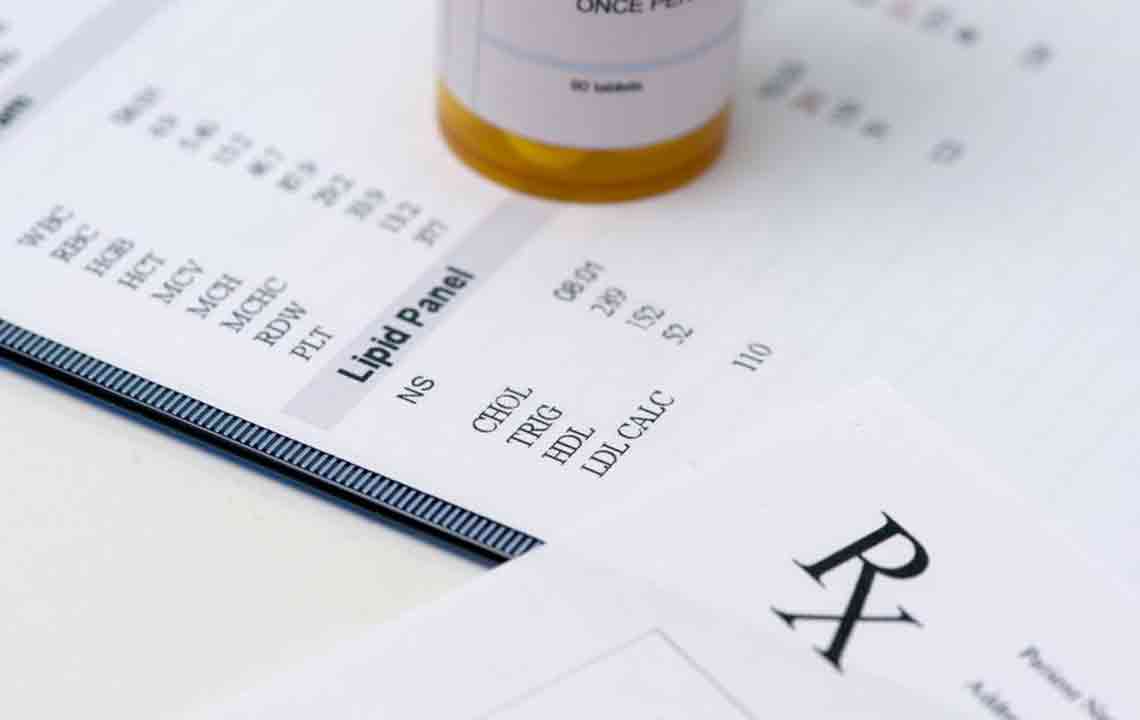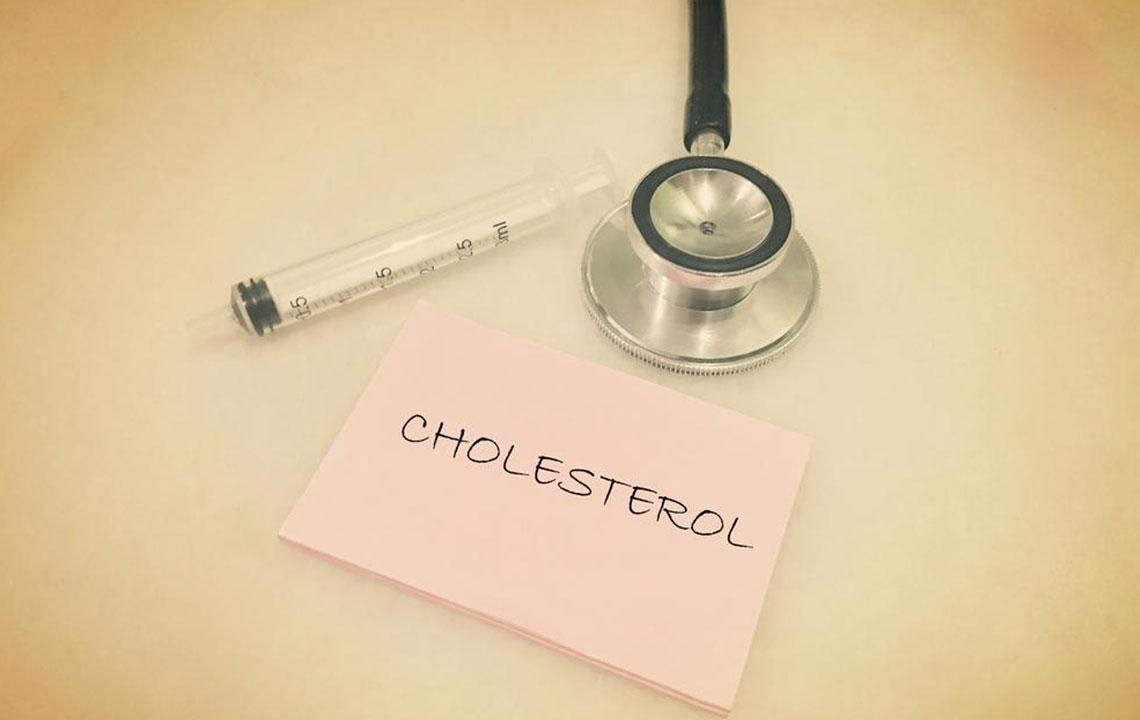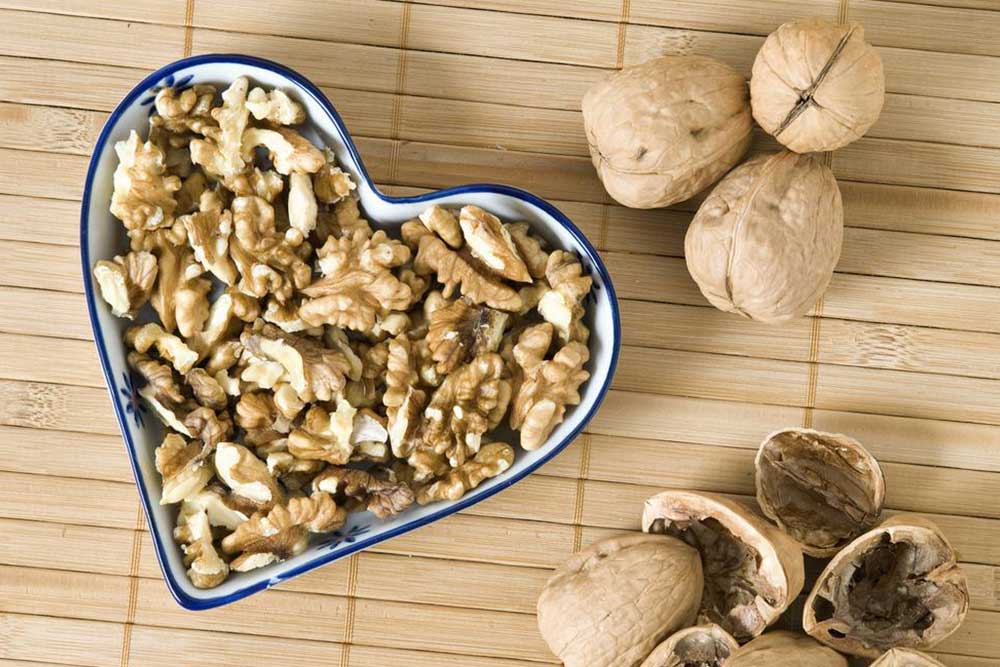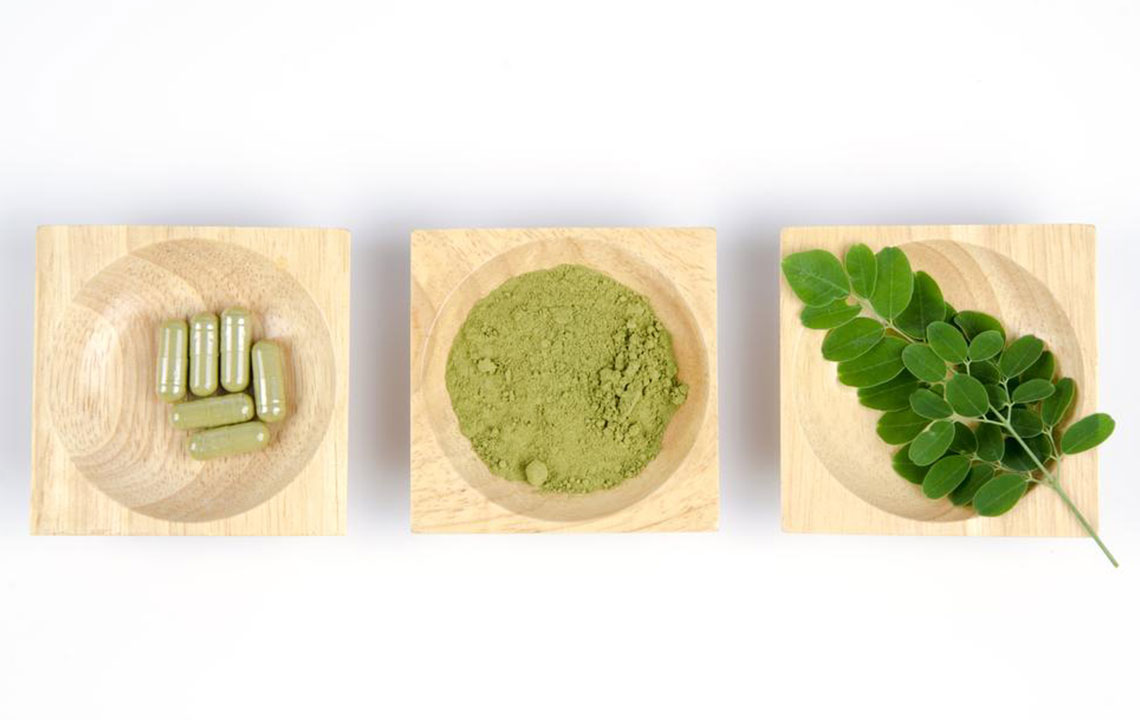Comprehensive and Safe Approaches to Managing Elevated LDL Cholesterol for Better Heart Health
Managing high LDL cholesterol requires a comprehensive approach combining healthy lifestyle changes, medications, and natural supplements. Regular testing, a heart-healthy diet, physical activity, and medical intervention are crucial for reducing cardiovascular risks. This detailed guide provides effective and safe strategies to maintain balanced cholesterol levels and promote heart health for a longer, healthier life.

Comprehensive and Safe Approaches to Managing Elevated LDL Cholesterol for Better Heart Health
Cholesterol is a waxy, fat-like substance that is crucial for the proper functioning of our bodies. It contributes significantly to building and maintaining healthy cell membranes, supporting hormone production, aiding in vitamin D synthesis, and facilitating digestion. Despite its essential roles, having excess cholesterol—particularly low-density lipoprotein (LDL), often labeled as "bad" cholesterol—can lead to serious health issues.
Cholesterol travels through the bloodstream embedded in lipoproteins, which act as transport vehicles. The two main types of lipoproteins are LDL (low-density lipoprotein) and HDL (high-density lipoprotein). While HDL is known as "good" cholesterol because it helps remove excess cholesterol from the bloodstream, LDL transports cholesterol to tissues but can accumulate on arterial walls if present in high amounts, forming plaque. This buildup narrows arteries, impairs blood flow, and increases the risk of heart attack, stroke, and other cardiovascular diseases.
Produced by the liver, LDL cholesterol plays a role in cell membrane integrity, hormone synthesis, and vitamin D production. Nonetheless, when levels become elevated, LDL can contribute to the formation of arterial plaques—a condition known as atherosclerosis—which reduces blood flow and heightens the risk of serious cardiovascular events. Fortunately, there are numerous safe and effective strategies to manage LDL cholesterol levels and promote heart health.
In contrast, HDL helps to transport excess cholesterol from the bloodstream back to the liver, where it can be processed and eliminated from the body. Maintaining a favorable balance between LDL and HDL is vital for cardiovascular well-being.
Recognizing the Signs of High Cholesterol
High cholesterol levels generally do not present clear symptoms, making routine testing essential for detection. Many individuals remain unaware of their elevated cholesterol until blood tests reveal their levels. Adult screening is recommended every five years starting at age 20, with more frequent testing advised for those with risk factors such as a family history of heart disease, smoking habits, diabetes, hypertension, obesity, or sedentary lifestyles.
Strategies to Manage and Lower LDL Cholesterol
Adopting lifestyle changes is the cornerstone of managing high LDL cholesterol levels. Key measures include:
Adopting a heart-healthy diet rich in soluble fiber. Foods like oats, barley, beans, lentils, fruits, and vegetables help reduce blood cholesterol.
Including omega-3 fatty acids from fatty fish such as salmon, mackerel, sardines, and tuna, which can lower LDL levels and decrease inflammation.
Increasing the intake of plant-based meals that replace red and processed meats, thereby lessening artery damage and plaque formation.
Limiting saturated fats found in high-fat cuts of meat, full-fat dairy products, and processed foods is crucial. Avoid trans fats present in many baked goods and fried foods, as they significantly raise LDL cholesterol. Additionally, reducing sodium intake and moderating alcohol consumption supports overall heart health. Reading food labels diligently helps to manage intake of cholesterol, trans fats, and sodium.
Physical activity also plays a vital role; engaging in at least 150 minutes of moderate aerobic exercise per week—such as brisk walking, cycling, or swimming—can markedly decrease LDL levels and improve cardiovascular vitality. Weight management through healthy eating and exercise further enhances the effectiveness of these strategies.
Medical Interventions and Medications
In cases where lifestyle modifications alone do not achieve desired LDL levels, healthcare providers may recommend medications. These are especially important for individuals with very high cholesterol or those at significant risk of cardiovascular disease. Several classes of cholesterol-lowering drugs are available, including:
Statins, which are the most commonly prescribed medications due to their effectiveness in lowering LDL cholesterol and reducing cardiovascular events.
Bile acid sequestrants, which help remove cholesterol from the bloodstream.
Niacin (vitamin B3), which can increase HDL and lower LDL.
Fibrates, mainly used to lower triglycerides but also impact LDL levels.
Ezetimibe, which reduces cholesterol absorption in the intestines.
Consistent medication adherence is critical for optimal management. Your healthcare provider will tailor your treatment plan based on your specific health profile and risk factors.
Natural Supplements Supporting Cholesterol Management
Some dietary supplements are marketed to help manage cholesterol levels. Omega-3 fish oil supplements have validated benefits in reducing triglycerides and may modestly lower LDL. Other options such as artichoke extract, green tea extract, and plant sterols are believed to support healthy cholesterol levels, though scientific evidence varies. It is essential to consult with a healthcare professional before incorporating supplements into your routine to ensure safety and effectiveness.
Combining evidence-based lifestyle strategies, medications prescribed by your doctor, and vetted supplements can offer the best comprehensive approach to managing elevated LDL cholesterol and protecting your heart health.





